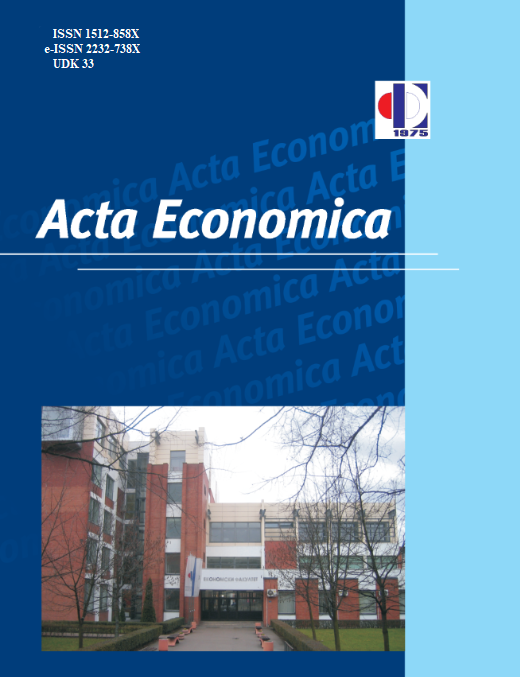The sharing economy: Uber and its effect on taxi companies
DOI:
https://doi.org/10.7251/ACE1828123PAbstract
The popular ride sharing service Uber has undoubtedly affected the taxi industry by offering lower prices, faster and more quality service, as well as a higher degree of transparency in terms of choosing drivers and determining fares. A question arises inevitably: does Uber present loyal or unloyal price competition to taxi companies by offering significantly lower prices, cutting fixed costs and bypassing middlemen? Is there a tax loophole at play? The hypothesis this paper aims to examine is whether Uber is a new way of providing transportation services, thus bringing more transparency and fair competition to the industry, or it is a disruptor on a previously fair market. If the second case is correct, not all hope should be lost - perhaps with the right amount of regulation, Uber could become a new standard in service transportation.This paper is divided into three parts. The first part briefly explores the concept of the sharing economy; a relatively new term and even newer foundation for business models of contemporary startups. Special significance is given to the reduced costs in companies which operate based on the sharing economy versus the so-called traditional companies. The second part of the paper examines Uber’s business model through costs, the
pricing system, driver earnings and working conditions. Finally, the third
part of the paper estimates the present and future impact of Uber on traditional
taxi companies, taking into account its legal status, competition and
the changing labor market.
Downloads
Published
2018-12-24
Issue
Section
Чланци

